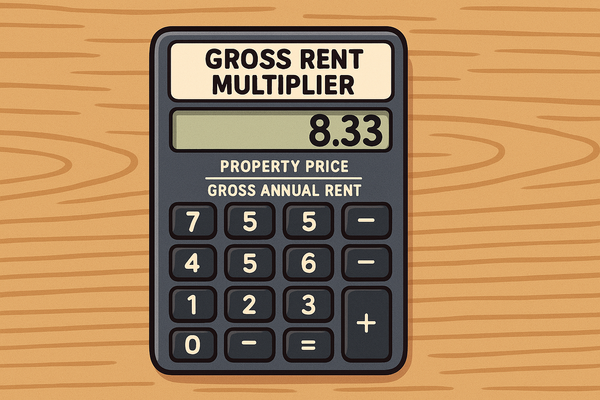
How to Use Gross Rent Multiplier for Property Management
The gross rent multiplier (GRM) is a valuation ratio used to estimate the relationship between a property’s purchase price and its gross annual rental income

The gross rent multiplier (GRM) is a valuation ratio used to estimate the relationship between a property’s purchase price and its gross annual rental income

Yes, in one form of fashion or another, regardless of whether it is a commercial or residential lease, renters pay property tax

A lease co-applicant is an individual who applies for a rental property alongside the primary applicant, assuming equal legal and financial responsibility for fulfilling all lease obligations

Learn everything property managers need to know about certificates of title: verification processes, legal implications, and best practices for effective property management

Avoid $1,000 daily fines by understanding the essential requirements for your building's legal "permission slip"

A strategic alternative to eviction that saves time, money, and preserves tenant relationships.

A capital improvement is defined as a permanent structural alteration, restoration, or enhancement to a property that increases its value, extends its useful life, or adapts it to new uses

Master the capitalization rate (cap rate) - the essential metric for property managers to evaluate performance, demonstrate value, and make smarter operational decisions.
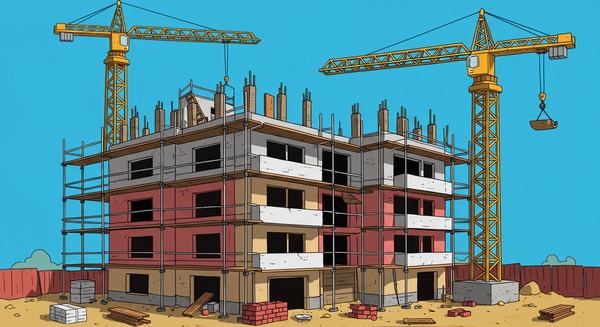
Discover how to effectively manage build-to-rent communities with our comprehensive guide covering operational strategies, tenant relationships, legal considerations, and proven best practices.
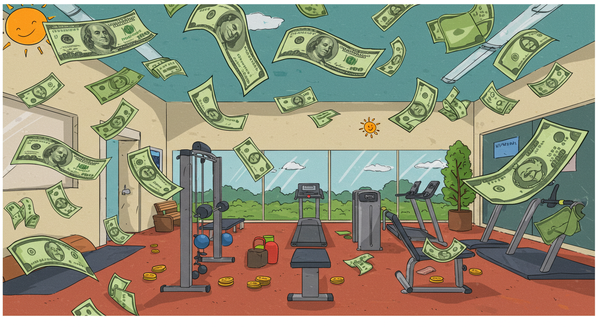
Discover how strategic amenity management can boost property value, increase tenant satisfaction, and provide competitive advantage in today's real estate market. Essential reading for property managers.

New data reveals a troubling disconnect between what property managers provide and what renters actually want.

Understanding which amenities at rental properties deliver genuine value versus those that merely drain resources is critical to maximizing returns.

Definitions
Learn everything property managers need to know about apartment homes, from legal considerations to best practices for successful management and tenant satisfaction.

Definitions
Learn how appraised value impacts property management decisions, from financing to taxes. Discover practical strategies to navigate the appraisal process and maximize your portfolio's performance.

Definitions
At its core, affordable housing refers to properties that cost residents no more than 30% of their gross household income.
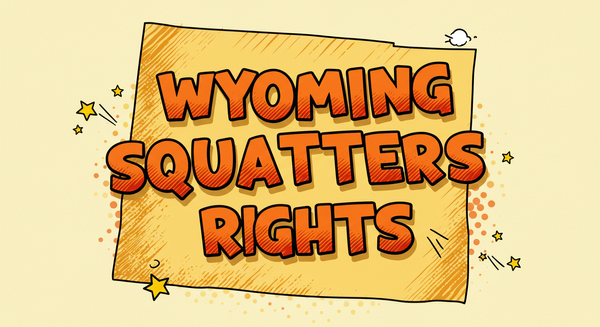
Wisconsin Laws
When squatters remain on a property for the statutory period (10 years in Wyoming) and meet specific legal requirements, they may potentially claim ownership through adverse possession laws.
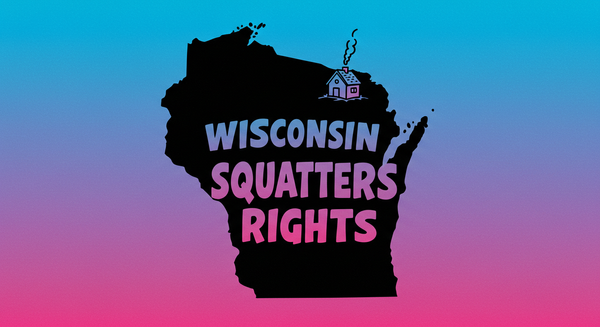
Wisconsin Laws
Wisconsin employs a three-tiered adverse possession timeline which requires 20 years of continuous occupation, reduced to 10 years with color of title, or just 7 years with both color of title and consistent property tax payments

Wisconsin Laws
The brilliant aspect of this procedure is that it doesn't require you to prove anything or engage in costly litigation. It simply resets the clock, forcing any would-be property poacher to start their 20-year waiting period all over again.
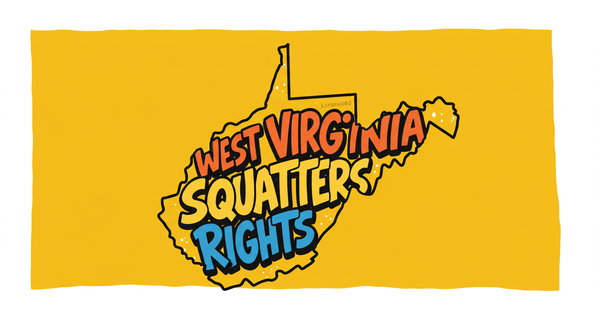
West Virginia Laws
In West Virginia, adverse possession requires continuous occupation of property for 10 years (5 years with color of title) under the state's statute of limitations for land recovery actions
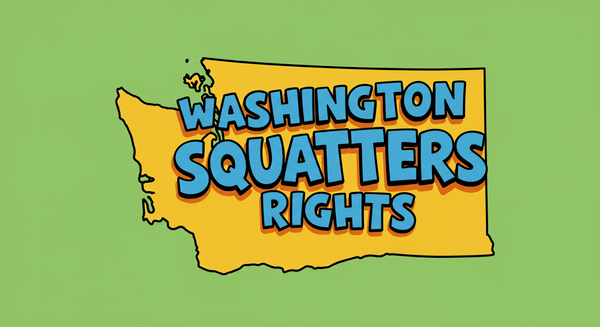
Washington Laws
Washington recognizes two distinct types of adverse possession claims: common law (10-year period) and statutory (7-year period with additional requirements).
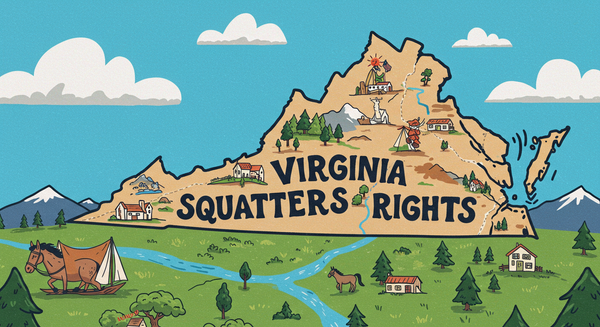
Virginia Laws
The cornerstone of Virginia's adverse possession framework is its 15-year statutory period, codified in Virginia Code Ann. § 8.01-236,237.

Vermont Laws
A squatter must occupy the property for 15 consecutive years in Vermont in order to make a successful adverse possession claim

Utah Laws
With a relatively moderate 7-year timeframe for potential adverse possession claims, Utah falls in the middle range compared to other states.

Tennessee Laws
The Accelerated Path to a successful adverse possession claim in TN: 7 consecutive years with "color of title" (some document that appears to give title, even if invalid)